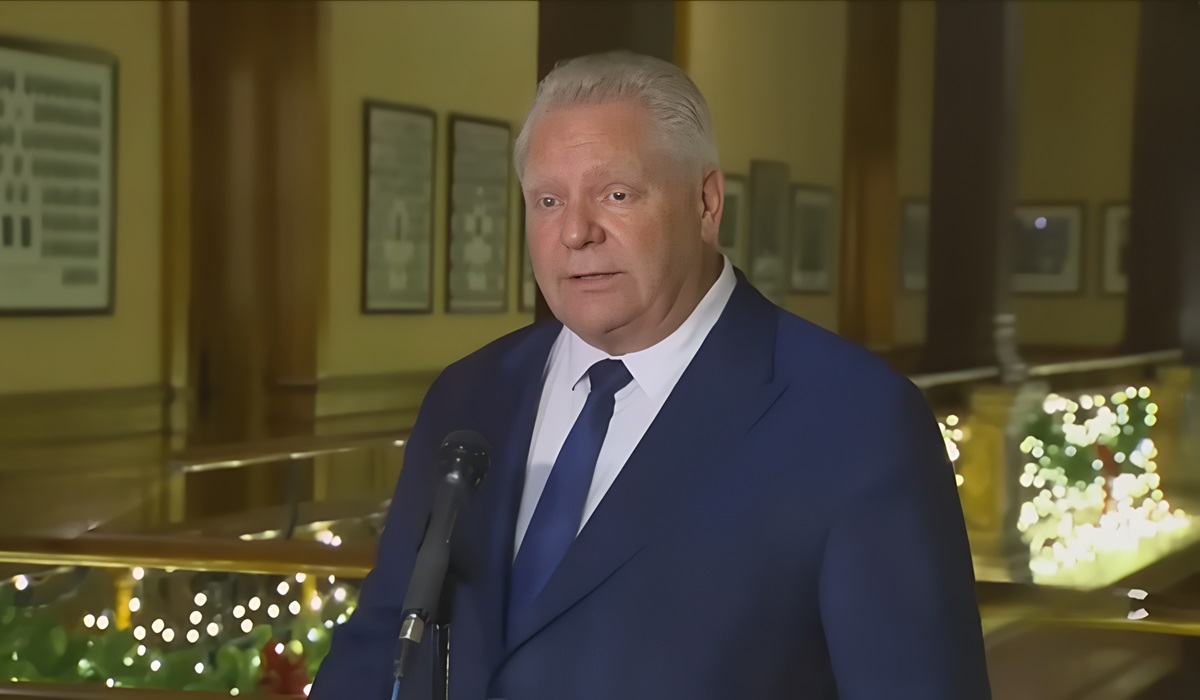What’s Your Retirement Plan? Unveiling the Disturbing Realities of Civic Politics
- Ingrid Jones
- Canada
- Trending
- True Elected Official Stories
- August 1, 2023

An aspiring city council candidate sought advice from an experienced political strategist to navigate the complex political governance landscape. However, for that city council candidate seeking guidance took an unsettling turn. With over 30 years of political expertise, the strategist posed a profound question and made a chilling statement. The question was simple yet unsettling: “What is your retirement plan for when you get into office?”
The strategist’s follow-up statement sent shivers down the candidate’s spine: “You actually believe you can make a change at City Hall.” These words revealed a harsh reality about the entrenched systems of bureaucracy and the perceived futility of effecting meaningful change within the political arena.
Curious about the retirement plan reference, the candidate sought clarification from the strategist. The strategist then exposed a disturbing strategy used by some politicians to secure lucrative futures post-political life. The plan involved acquiring lands while in office, ensuring they could be sold back to the city later. These lands were vital for the city’s development plans, including infrastructure projects like roads and bridges, housing and commercial properties.
The candidate was further shocked when the strategist explained that certain laws, bylaws, or ordinances could be passed or implemented to benefit politicians or their affiliated organizations directly. This revelation highlighted the potential for politicians to gain personal or organizational advantages during their time in office.
The unsettling revelations were not limited to City Hall and civic politics; they extended to the provincial level in Canada. Crown corporations were allegedly sold and often benefiting private entities. Former high-ranking government officials were rumoured to be appointed to lucrative board positions or executive roles within these organizations, sometimes even receiving stock options post-political life.
The exposure of such practices left the city council candidate with eyes wide open to the reality of lucrative behaviours within the political landscape. The revelation not only crushed the candidate’s spirit but also exposed the deeply entrenched systems of bureaucracy that hinder swift and meaningful change.
As citizens and voters, it becomes crucial to ask every candidate, whether aspiring or in a position of power, about their plans for securing a lucrative retirement future post-political life. Transparency and accountability are essential in ensuring that those elected to represent the public serve with integrity and prioritize the well-being of their constituents.
The chilling encounter between the city council candidate and a prominent political strategist in Canada unveiled the harsh realities of civic politics. The exposure of potential strategies to secure personal gains post-political life sheds light on the need for greater transparency and accountability within the political arena. As citizens, we are responsible for scrutinizing those seeking public office and ensuring they prioritize the interests of the people they serve rather than personal gain. We hope to pave the way for a more ethical and effective political landscape through vigilant engagement.








